

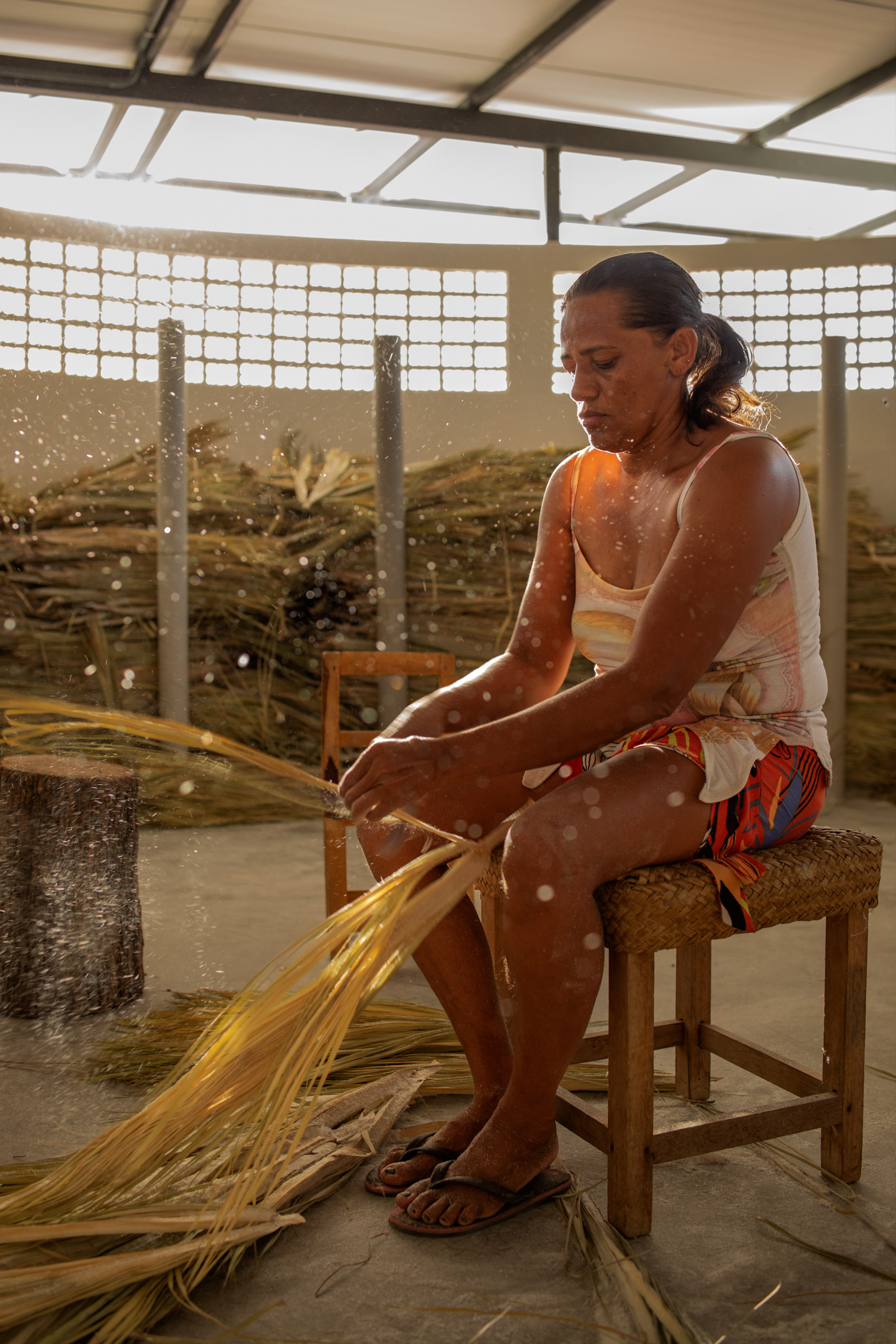



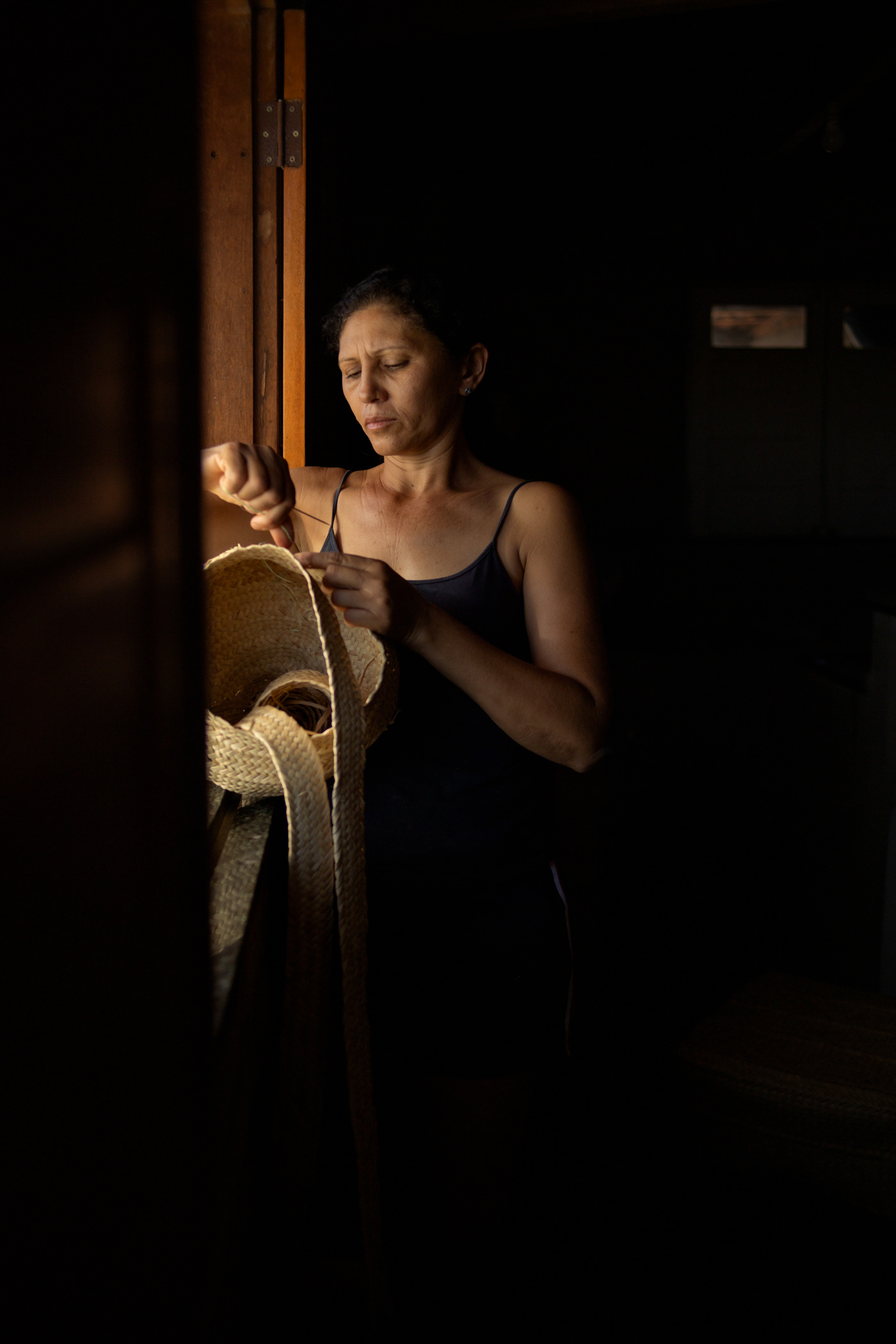
In the backlands, in very dry places, stories are like mandacaru flowers. When it blooms, it is a sign that rain is coming to the countryside. Life appears, after months and months of drought.
The stories of the backlands have always been there. But as flowers need water, stories, to live, need to be told.
Once, many, many years ago, along with the rain, a forbidden love was born in the backlands. João Barbosa, a farmer, fell in love with Maricó, a cook. From this forbidden love a story was born. From this story, a place was born.
Várzea Queimada, in the interior of Piauí, in the heart of the semi-arid region. 900 people live here, all related to each other, all children of a love that was born many, many years ago.
A story that was forgotten in time. The story of a strong, courageous and creative people. A people who keep very ancient knowledge. Craft techniques that have survived the centuries and are now being reborn. Just as the mandacaru flowers are reborn watered by water, Várzea Queimada is reborn watered by a dream and the desire to transform.
(Text by Marques Casara - in: agentransforma.org.br)


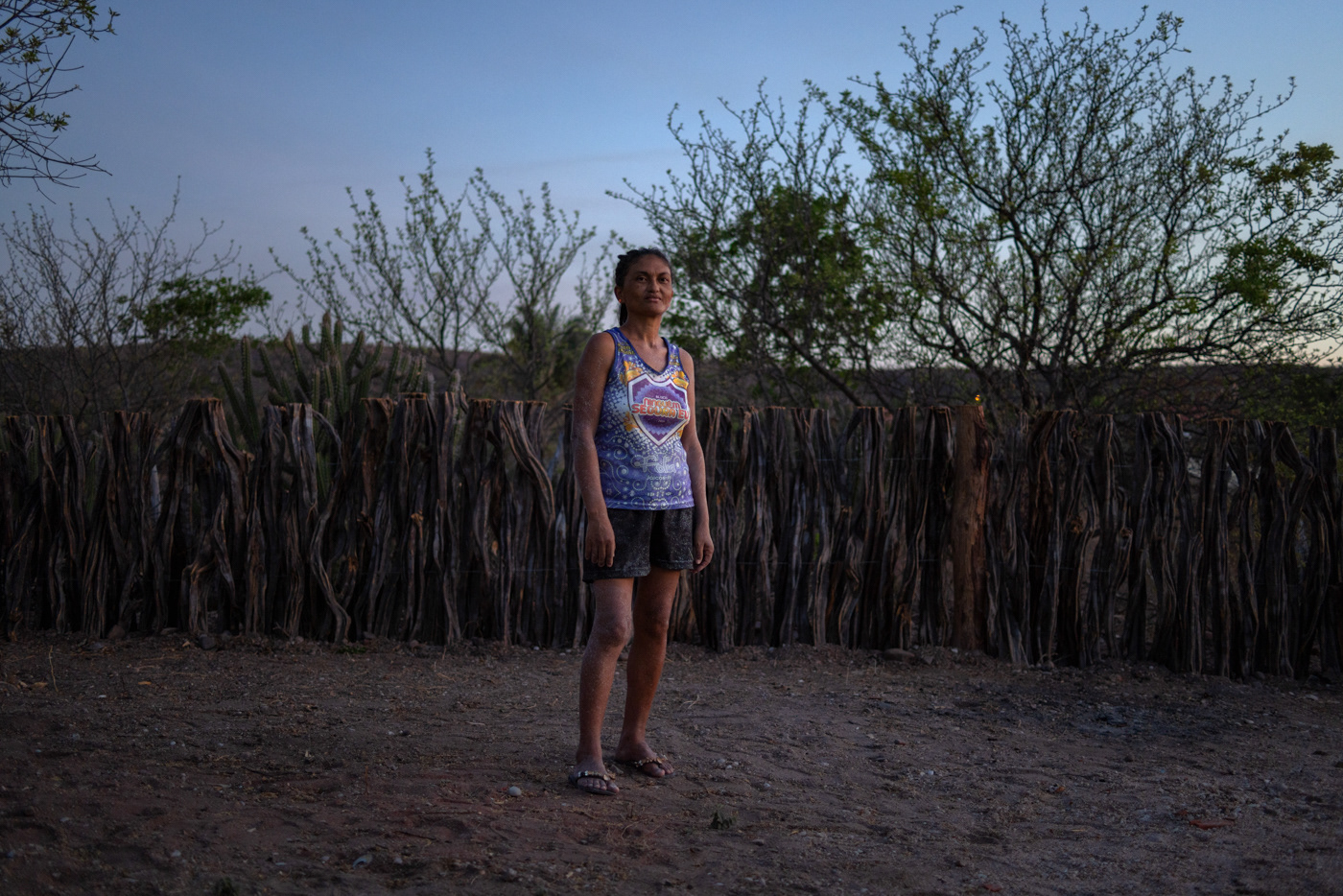




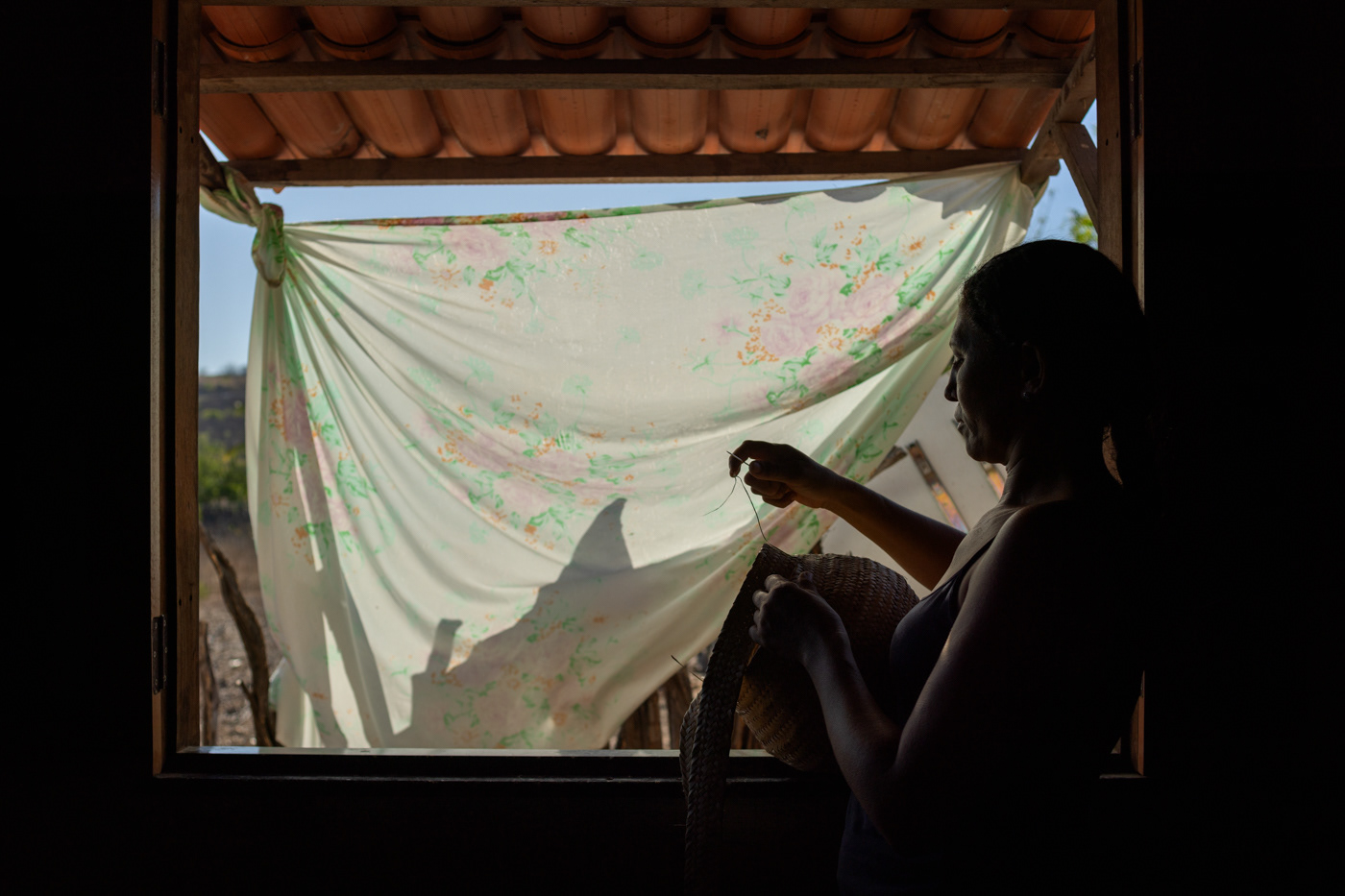
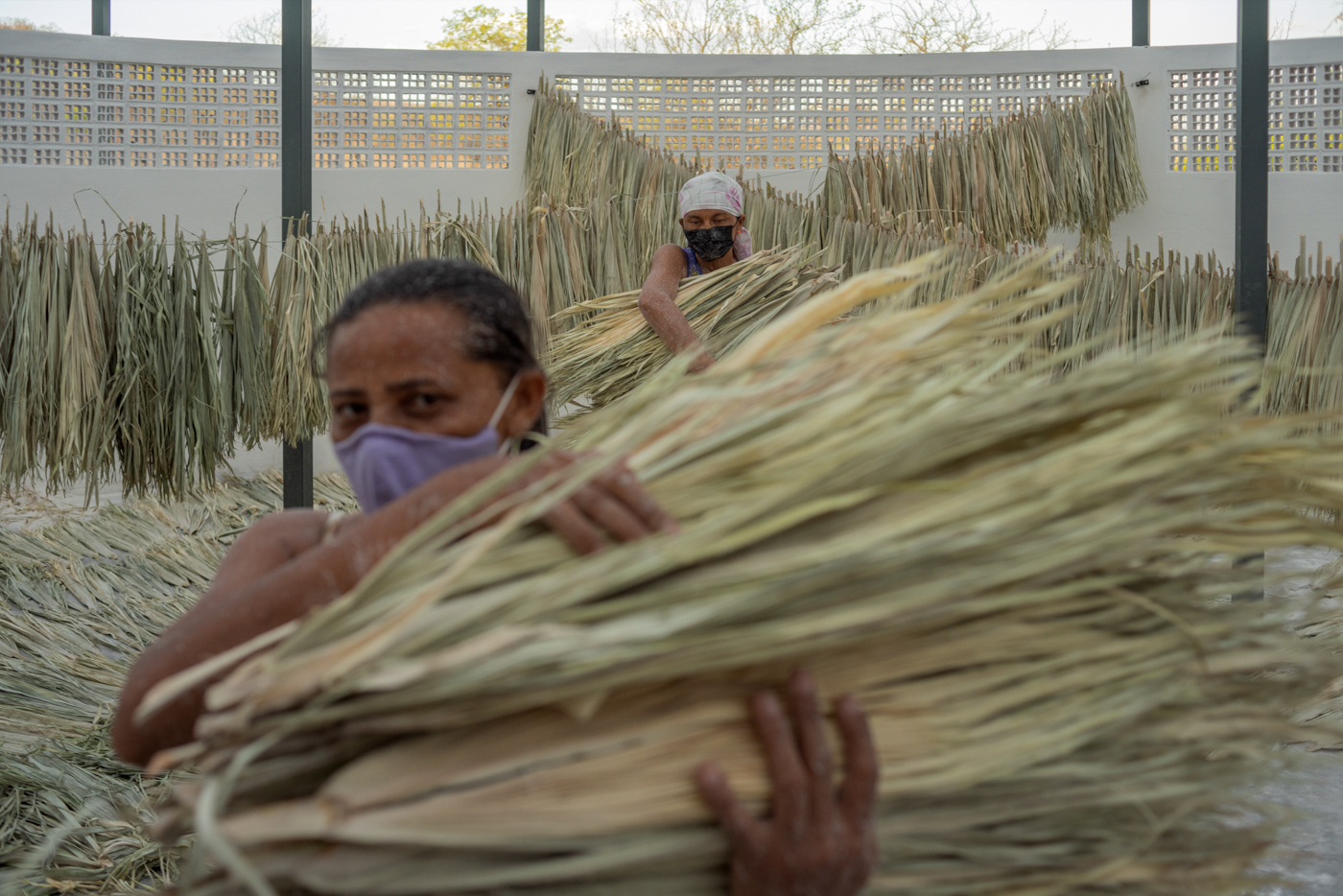




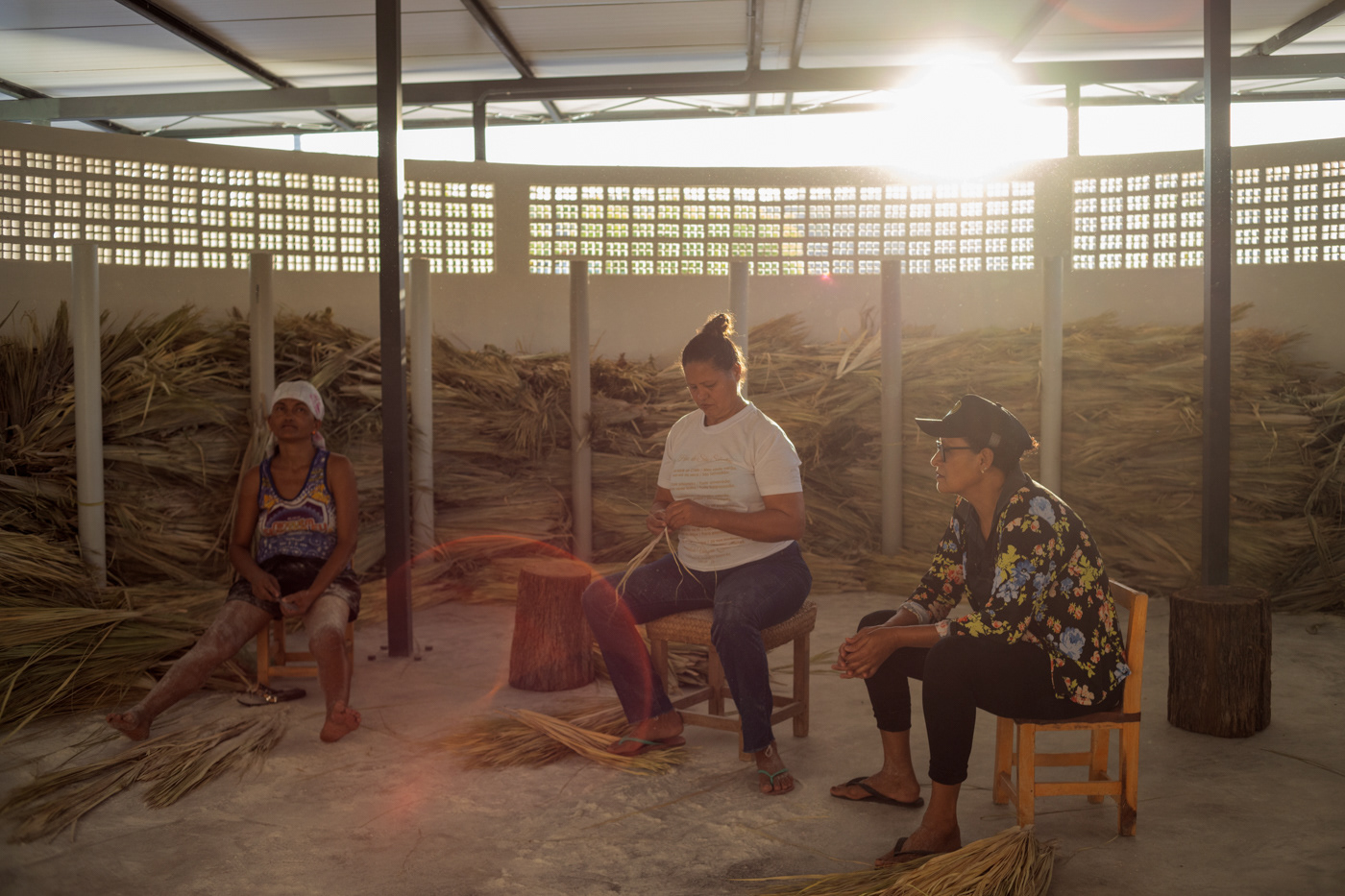
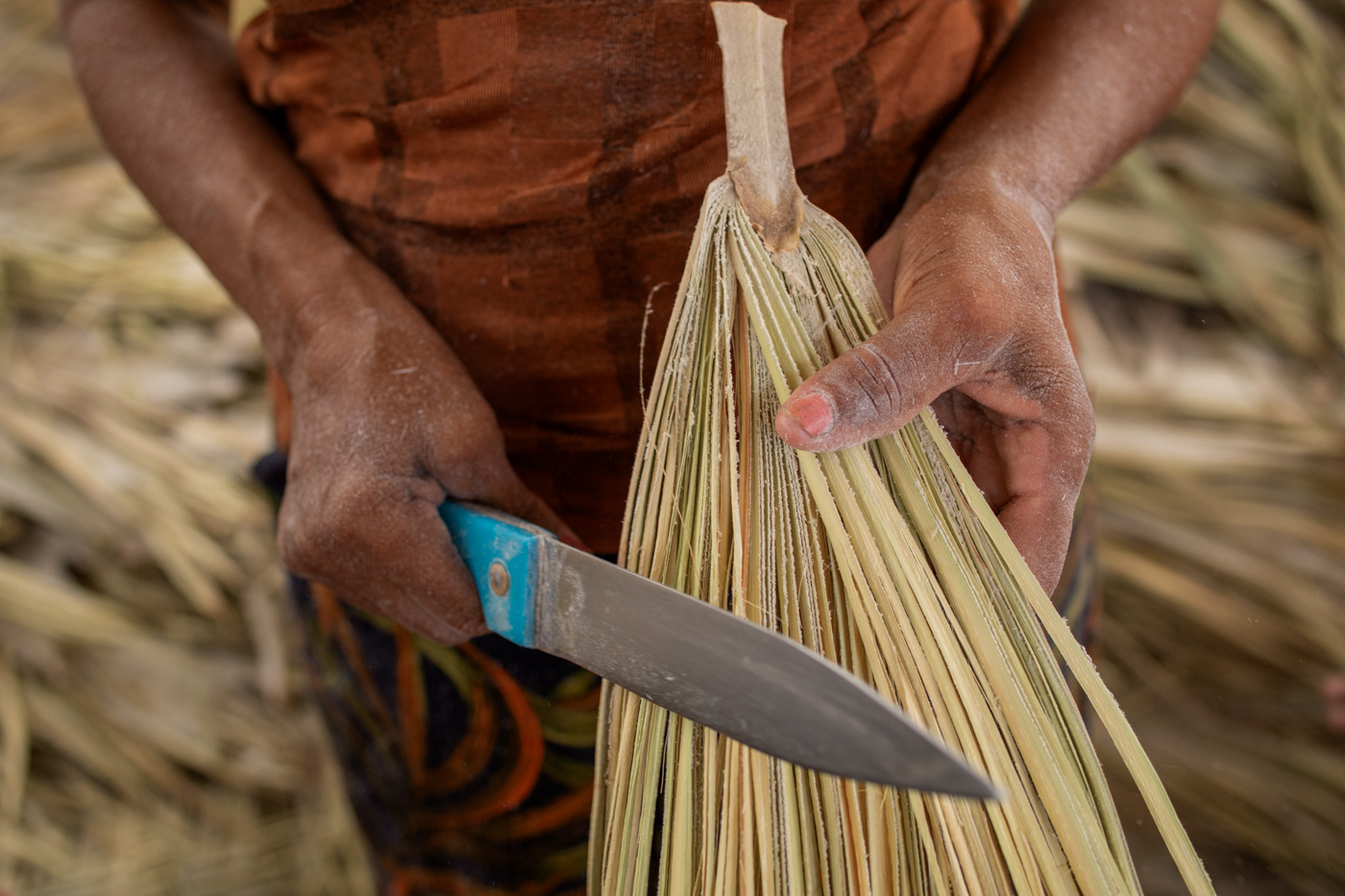


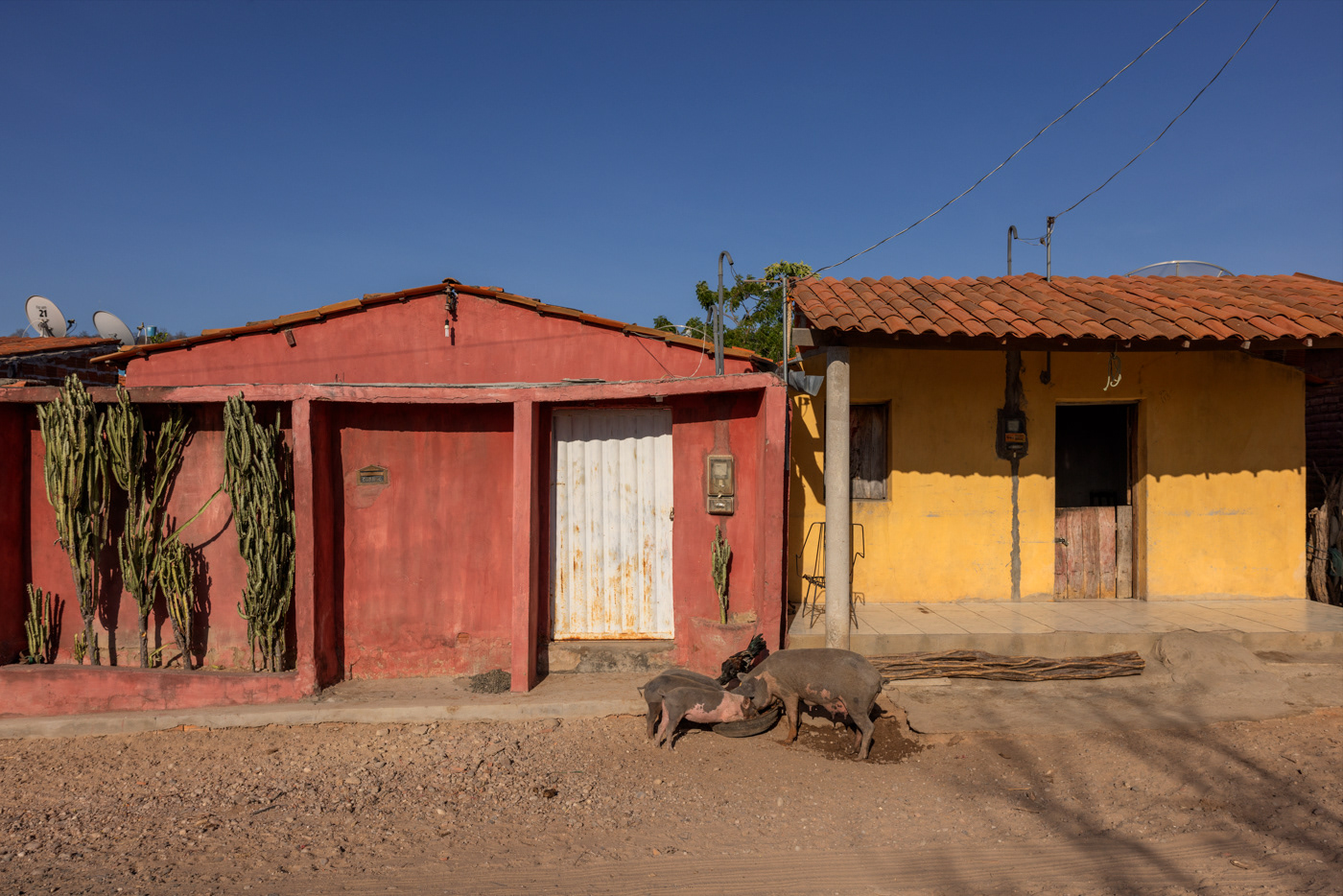
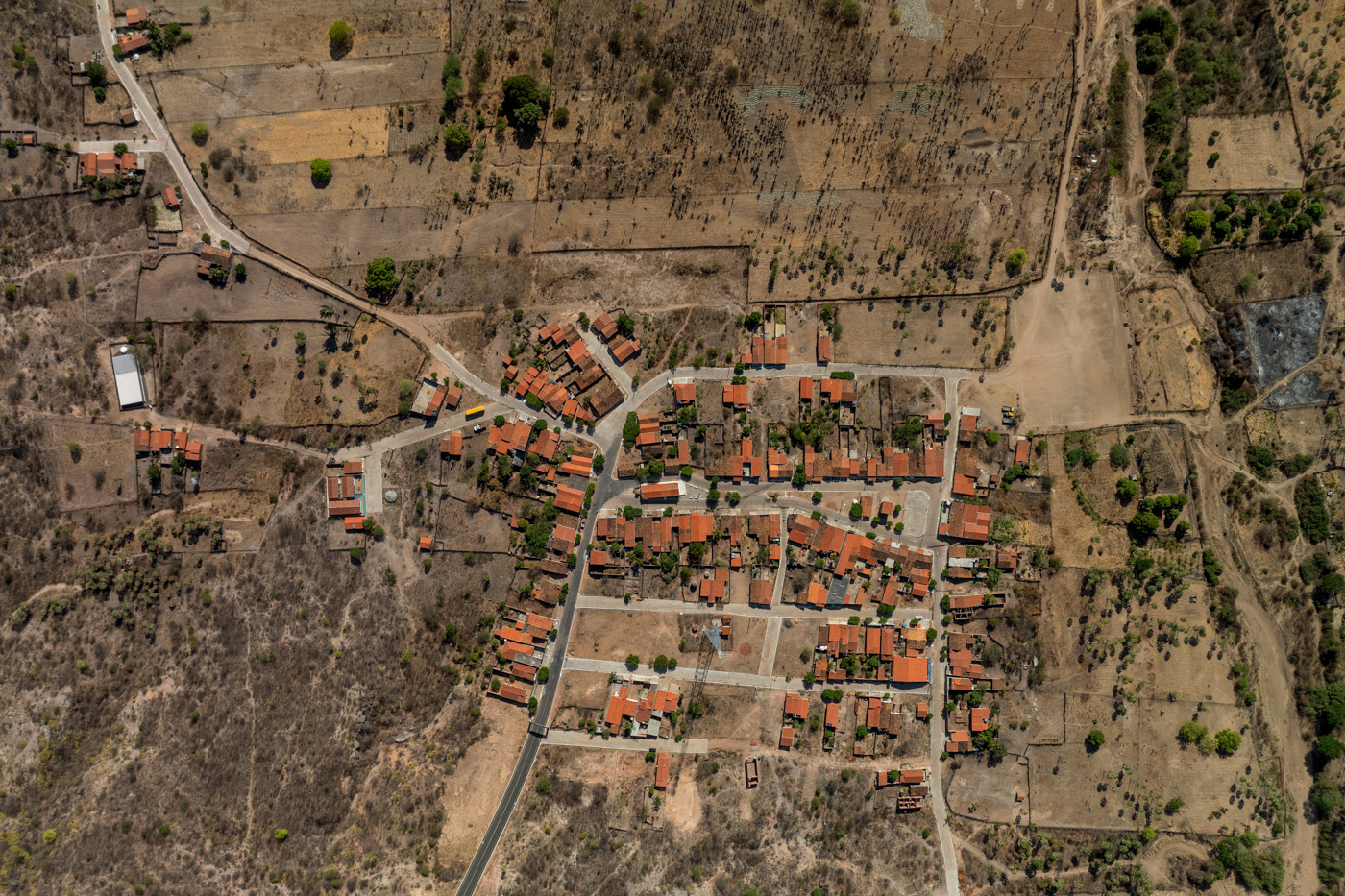
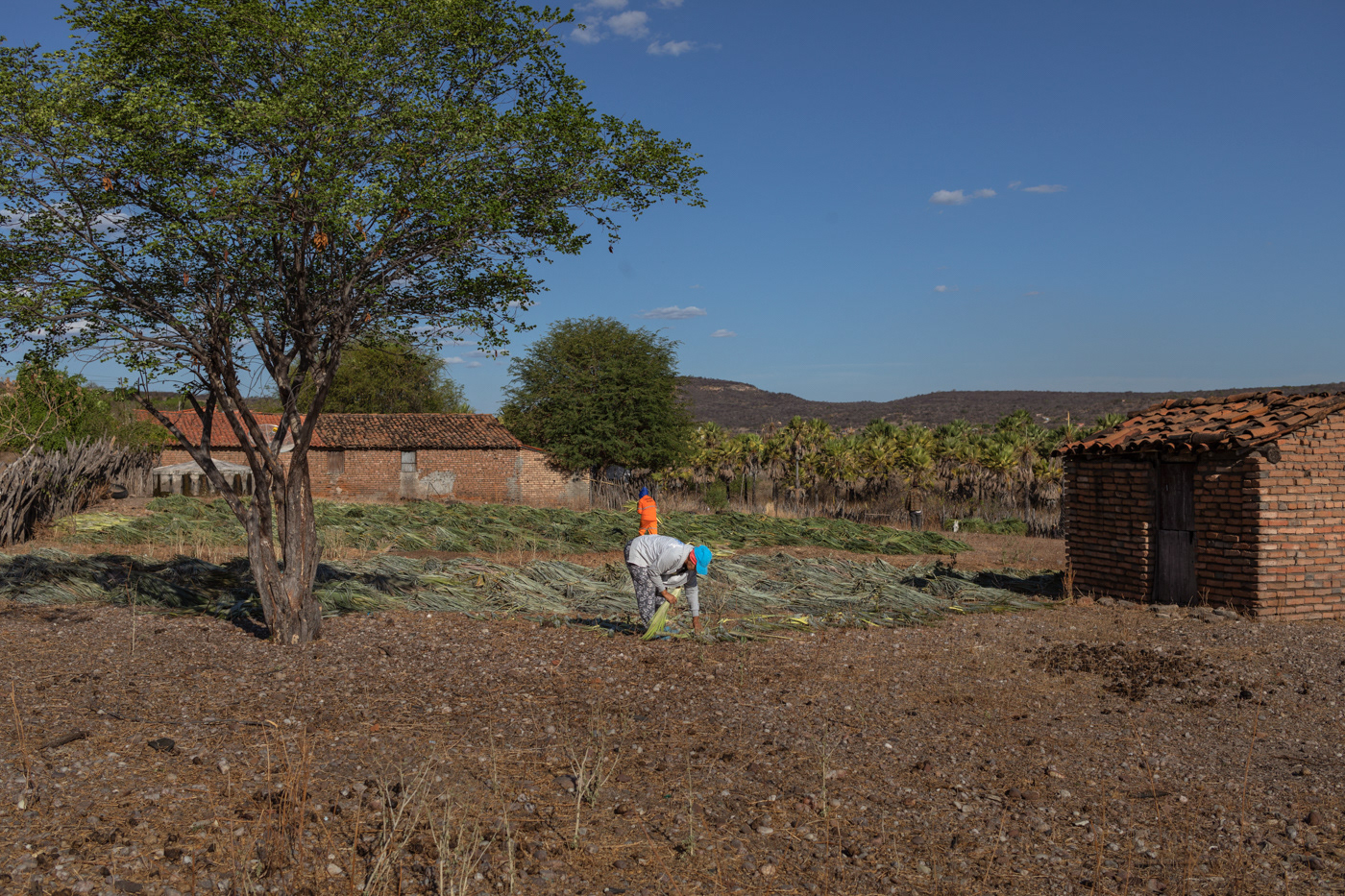
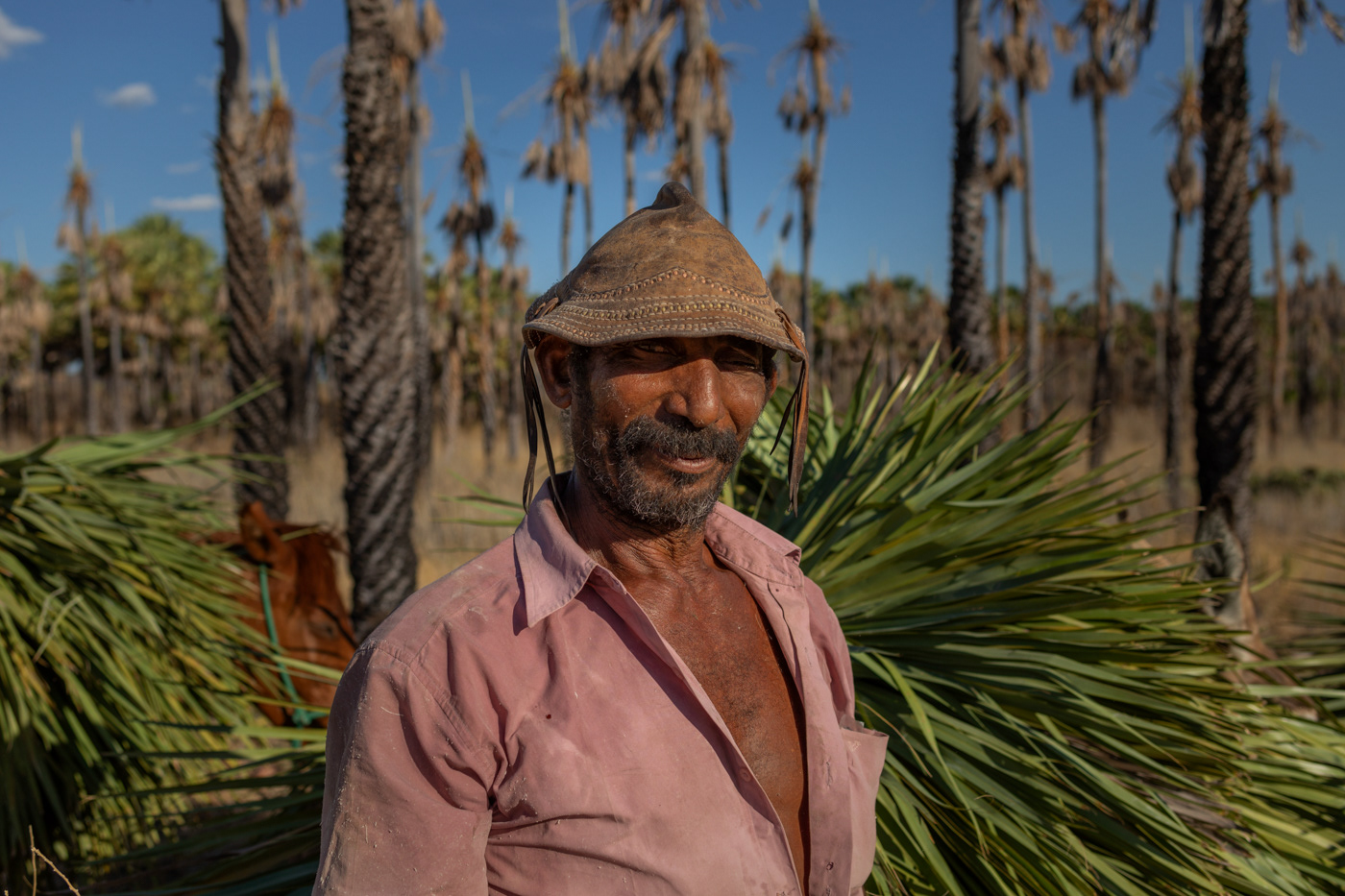


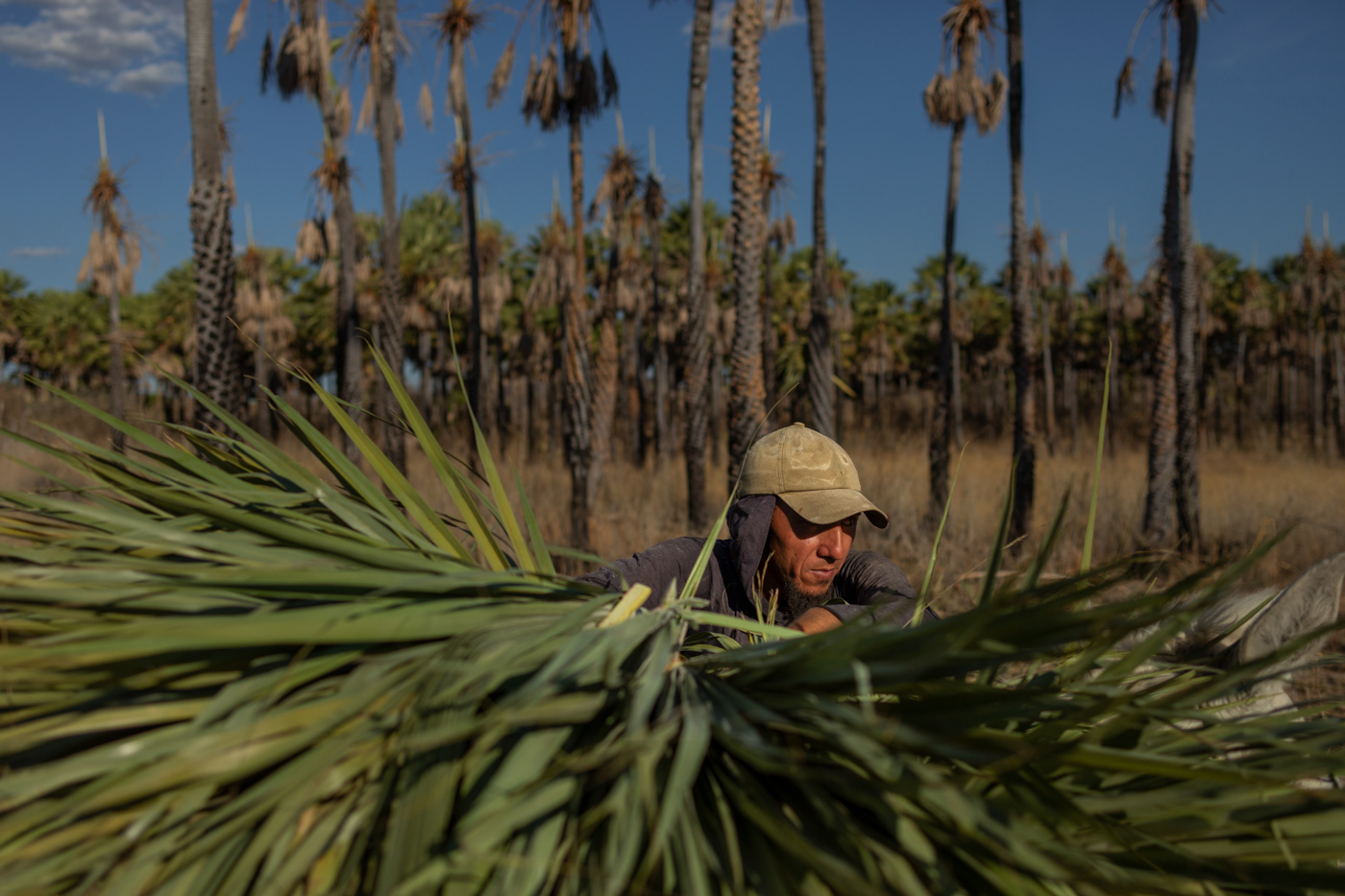
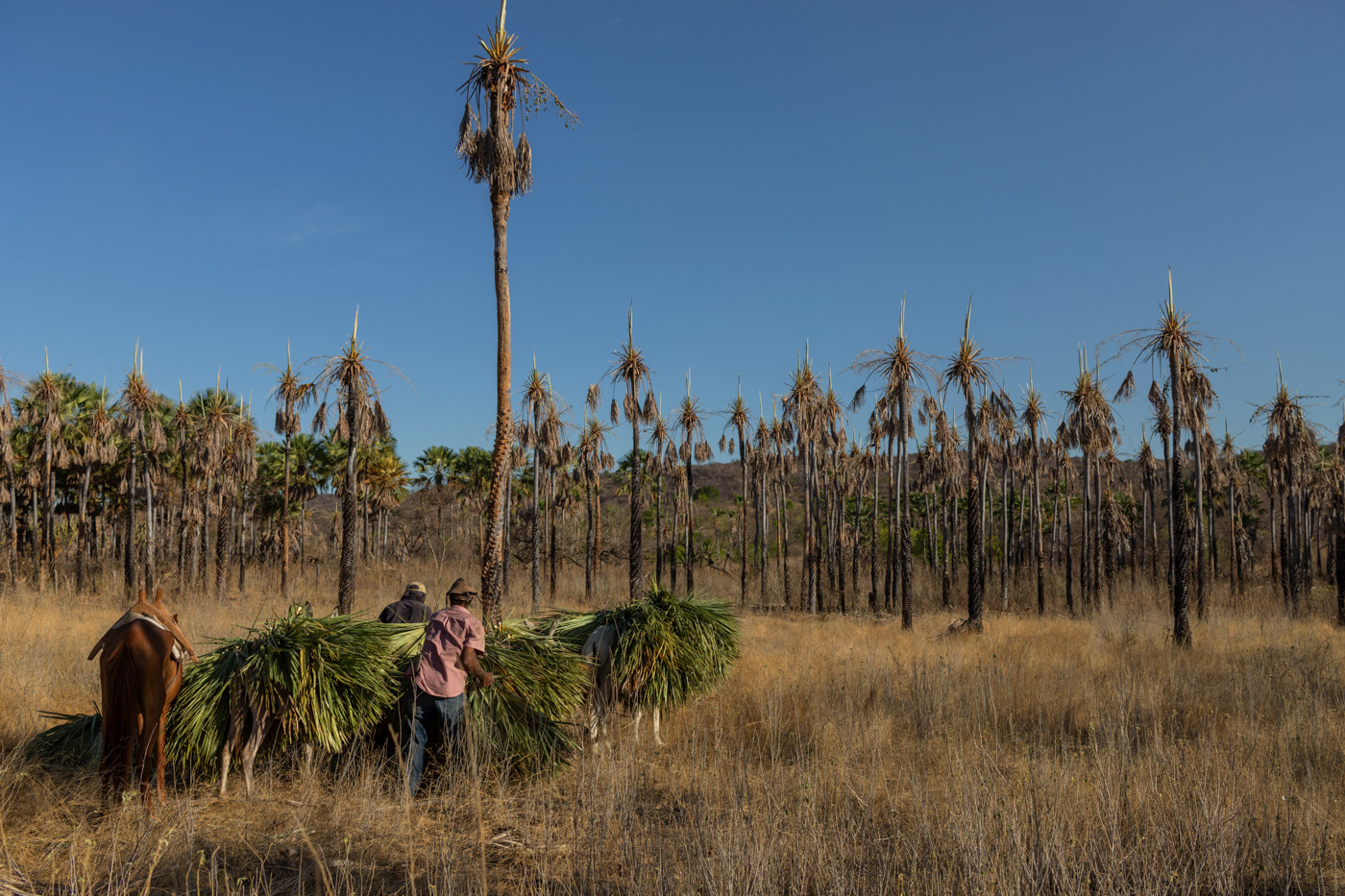
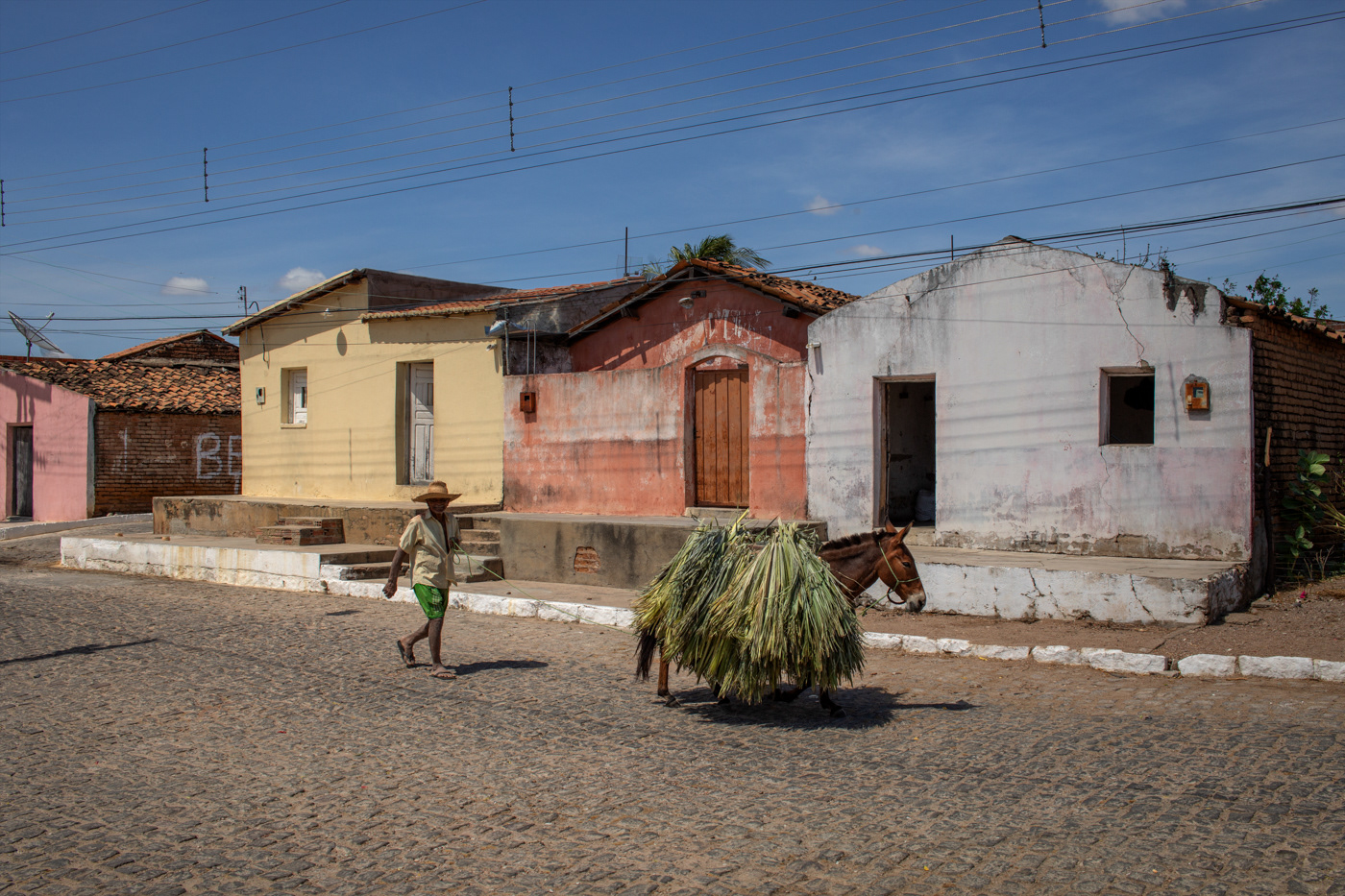
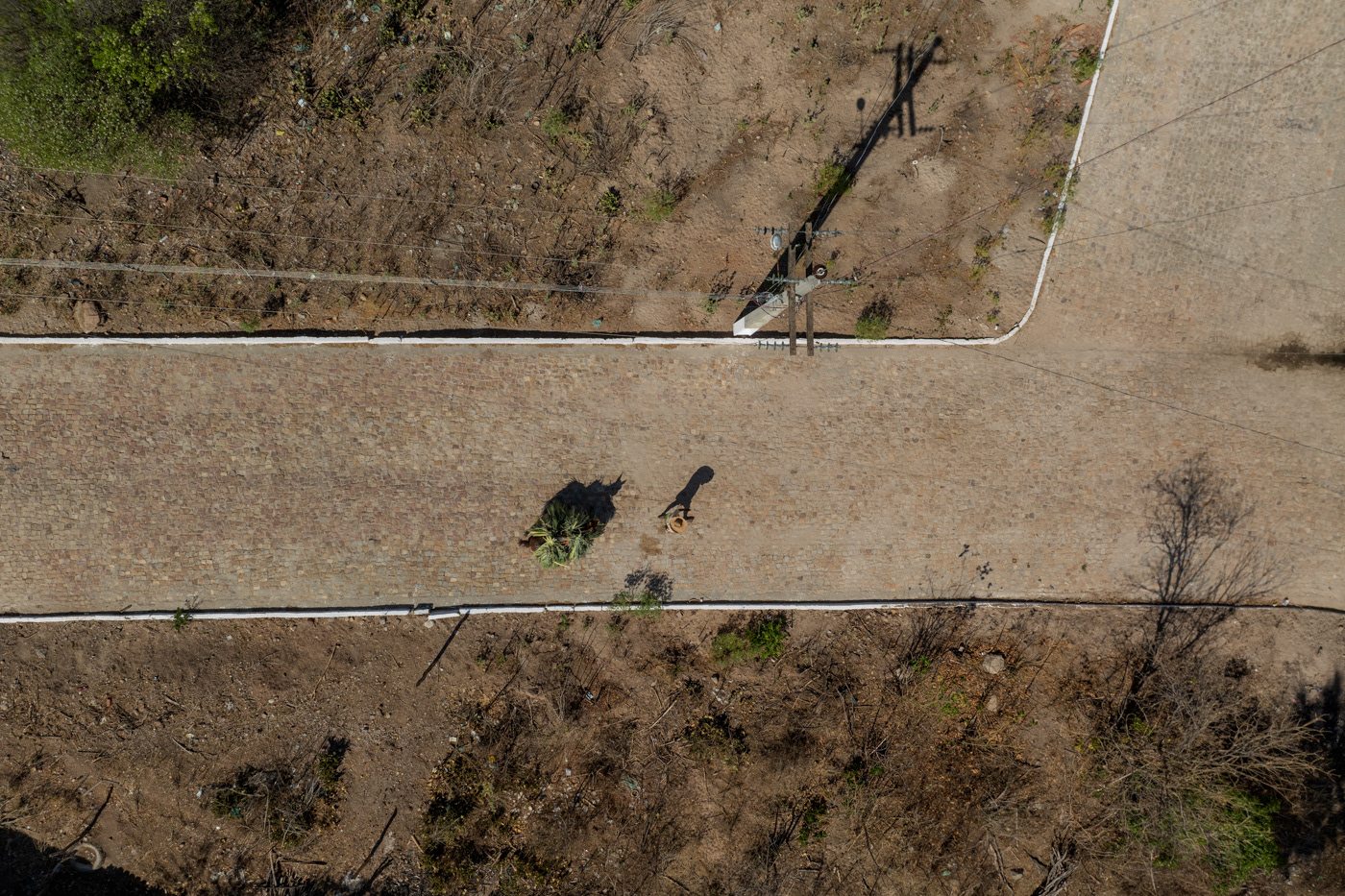




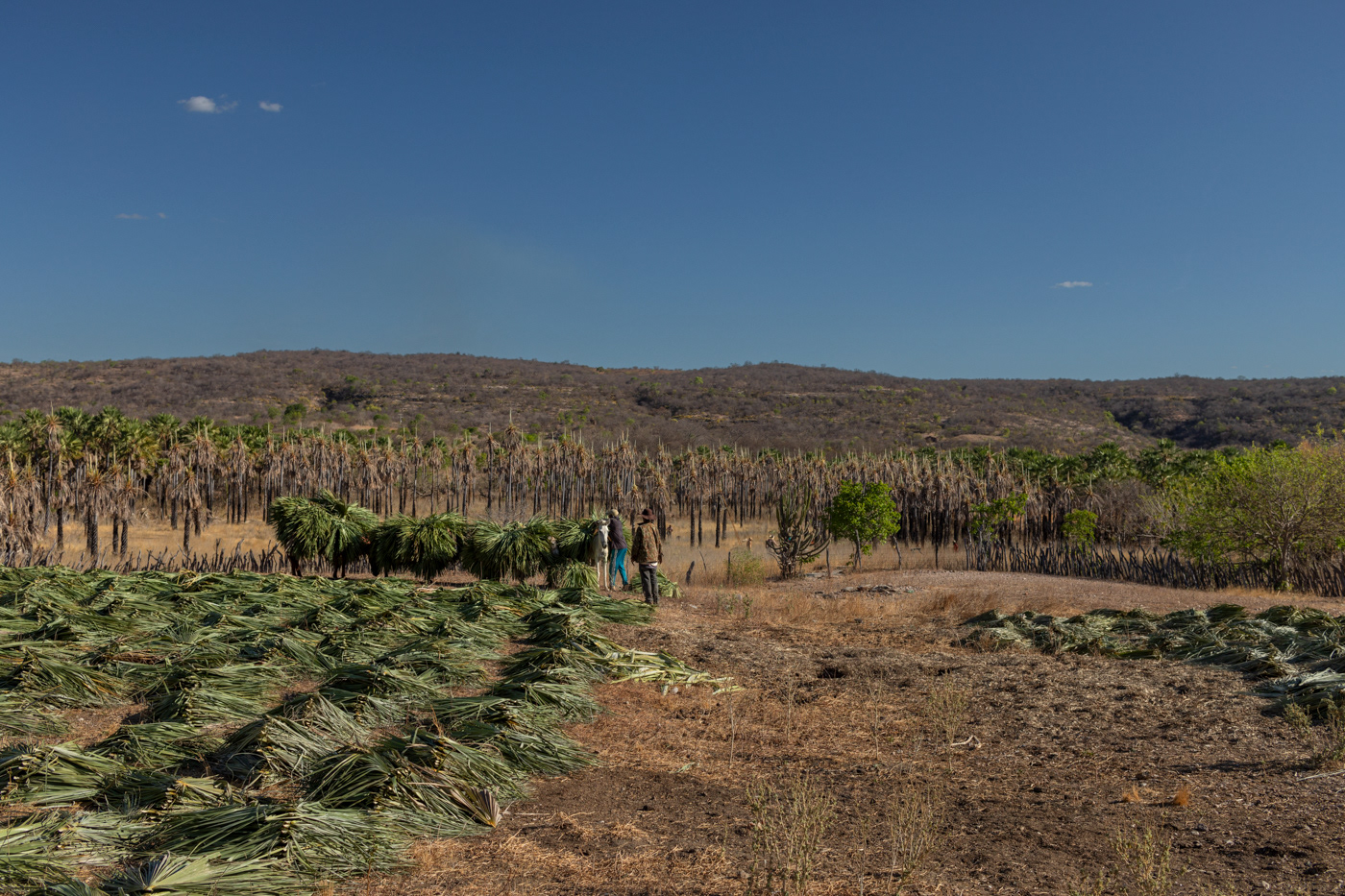
Designer Marcelo Rosenbaum opened the paper map and pointed to a spot showing the Northeast of Brazil: it was there, in a region with a very low HDI, that he would develop, over the course of a decade, a collective creation capable of changing the reality of almost a thousand people in the backlands of Piauí. The year was 2011 and he would arrive, for the first time, in Várzea Queimada.
The community is 27km from Jaicós, a municipality in the center-south of Piauí. It belongs to the rural area of the city and is nationally known for the high incidence of deafness among residents. In Várzea Queimada, almost all people are relatives and have developed, on their own, their own sign language, Cena.
In addition to kinship, the community's residents also share ancestral knowledge: the “weave”, the name given to the braid made with carnauba straw. “We didn’t arrive by understanding the community as a productive unit”, says Rosenbaum. “We got there and asked: what did your grandmother do?” In the home of people like Dona Francisca, a centuries-old basket – or “boió”, as they call it there – braided by her grandmother, used to be hidden from the eyes of visitors.
Everything can be used from carnauba: the straw covers houses or agricultural soil. The bark serves as firewood. The trunks, of indefinite duration, are useful for civil construction. Its leaves produce a wax that, once extracted, is used in the manufacture from batteries to vinyl. Brazil is the only country in the world that produces carnauba wax – 18 thousand tons per year, with Piauí, Ceará, Maranhão and Rio Grande do Norte being the largest producers.
The fruit, harvested ripe and dried, is used to extract oil or becomes food for cattle. The powder is also widely used by cosmetics industries and even the stem and roots have medicinal uses. Due to its sustainable cycle, it became known as the “tree of life”. The plant, which reaches 15 meters, for the women of Várzea Queimada, represents empowerment.
The strength of female labor inspired the architecture of Casa da Carnaúba. The initiative, by “Rosenbaum Arquitetura”, “A Gente Transforma” and “Associação das Mulheres de Várzea Queimada”, is projected to host the activity of sustainable extraction of carnauba powder and, as a bonus, also benefit the drying and storage of straw for handicrafts.
Casa da Carnaúba has two circular, interdependent environments (the Drying House and the Straw Beating and Storage House), interconnected by a pantry structure, bathroom and dust storage space. Seen from above, the space that aims to cultivate the tradition of women's collective work reveals the shape of a womb, a kind of architectural metaphor that reinforces the feminine power of creation.
(Source: Luana Sena, in: O Estado do Piauí - “A house for Carnaúba”)
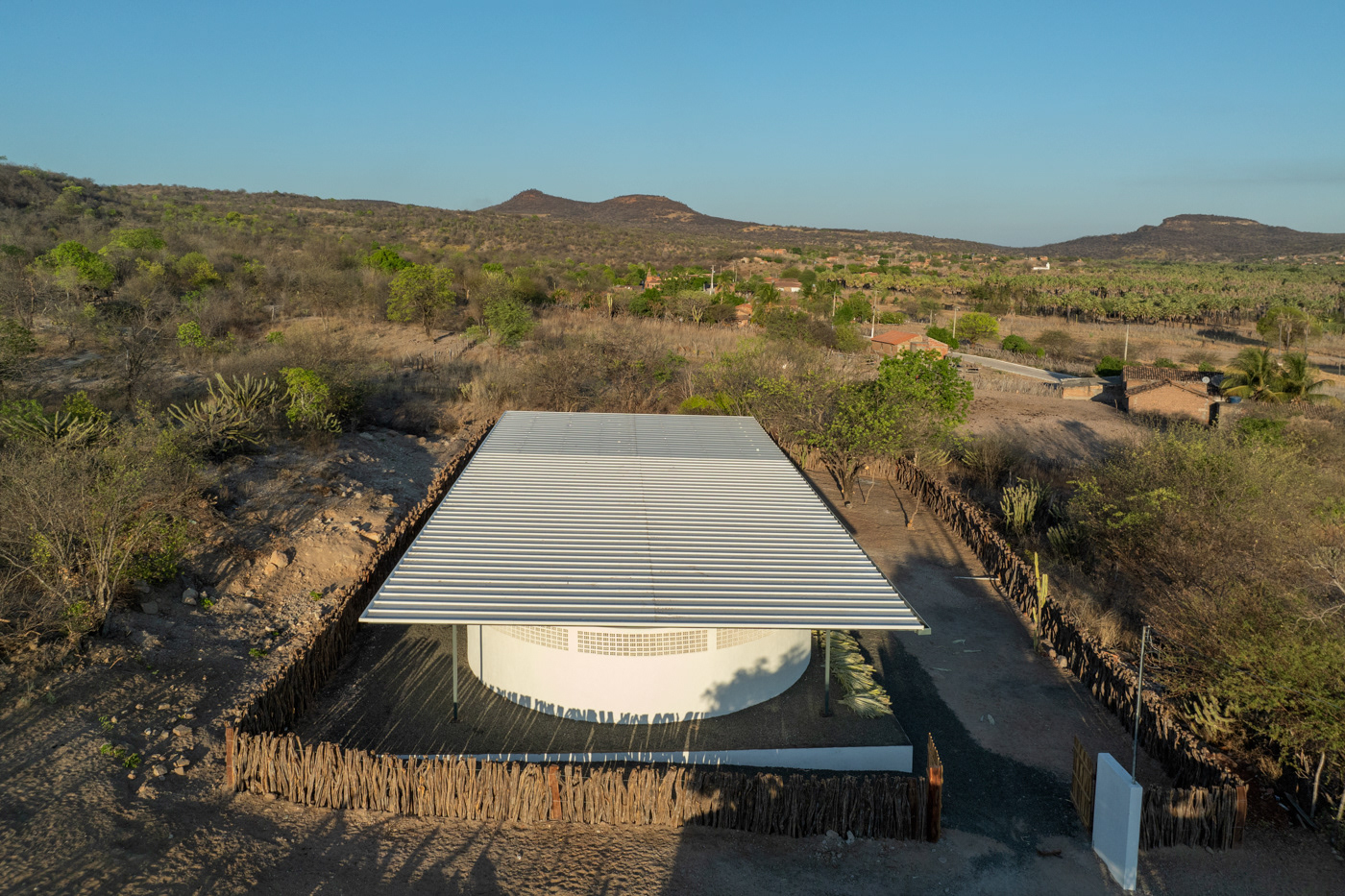
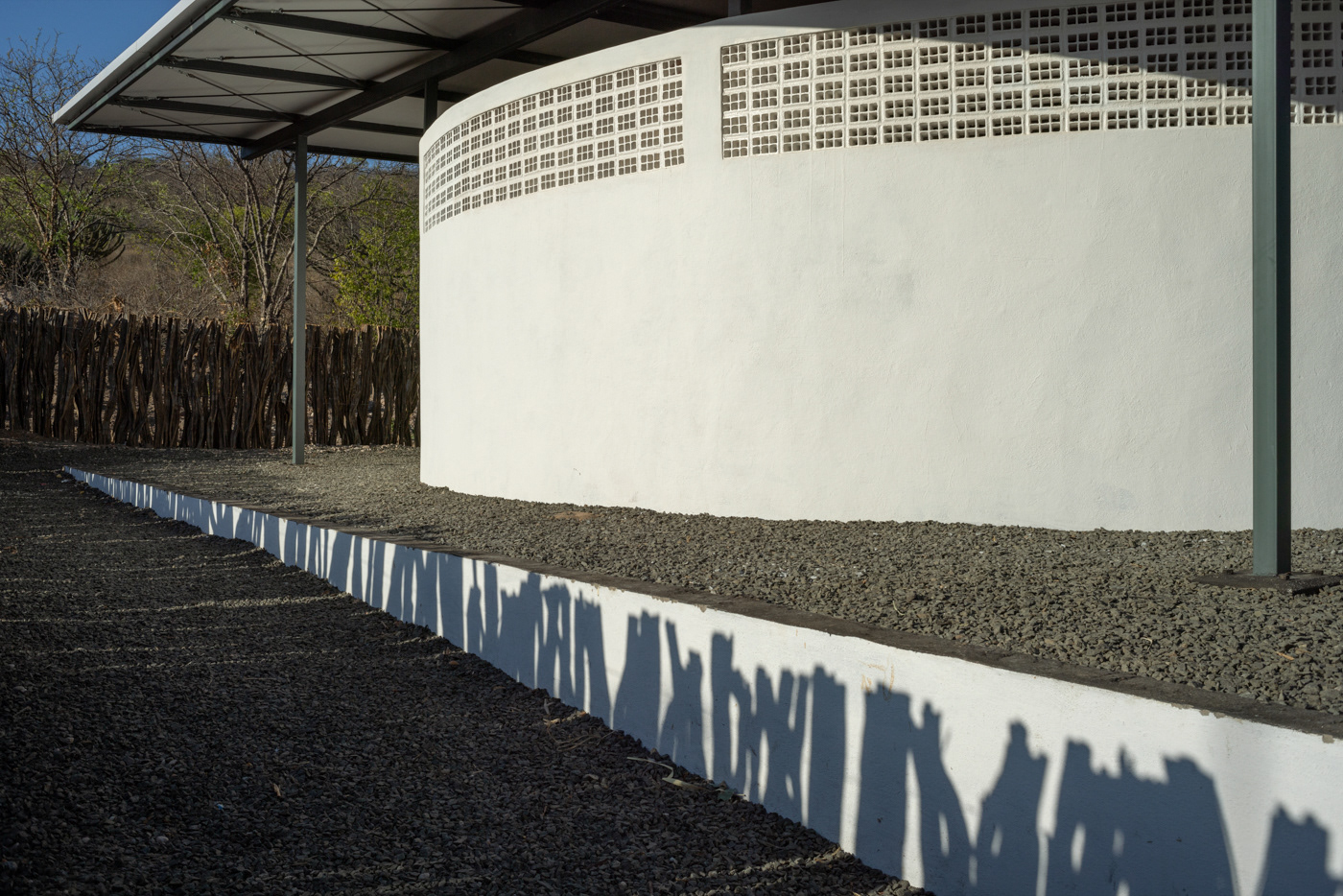
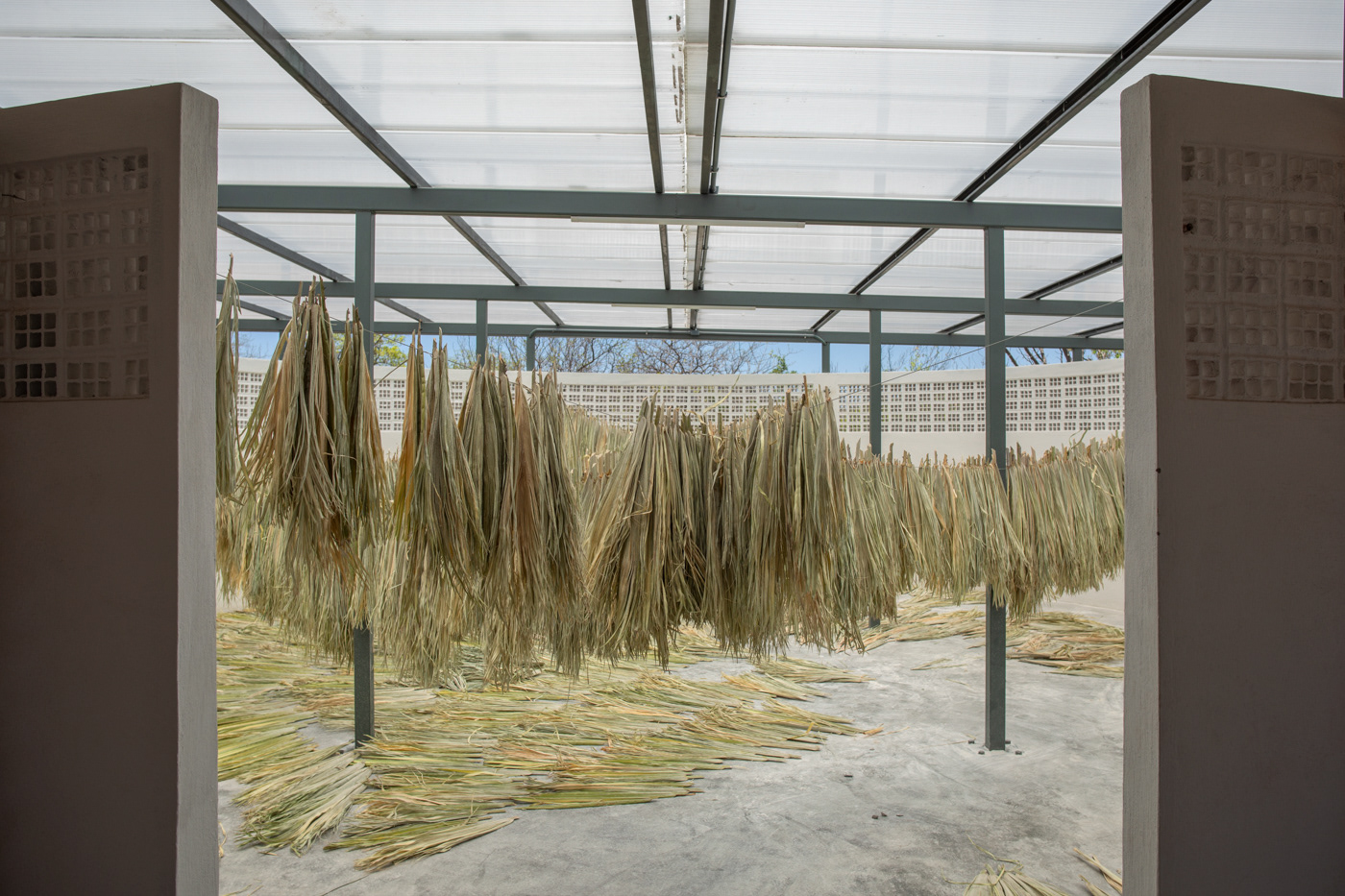

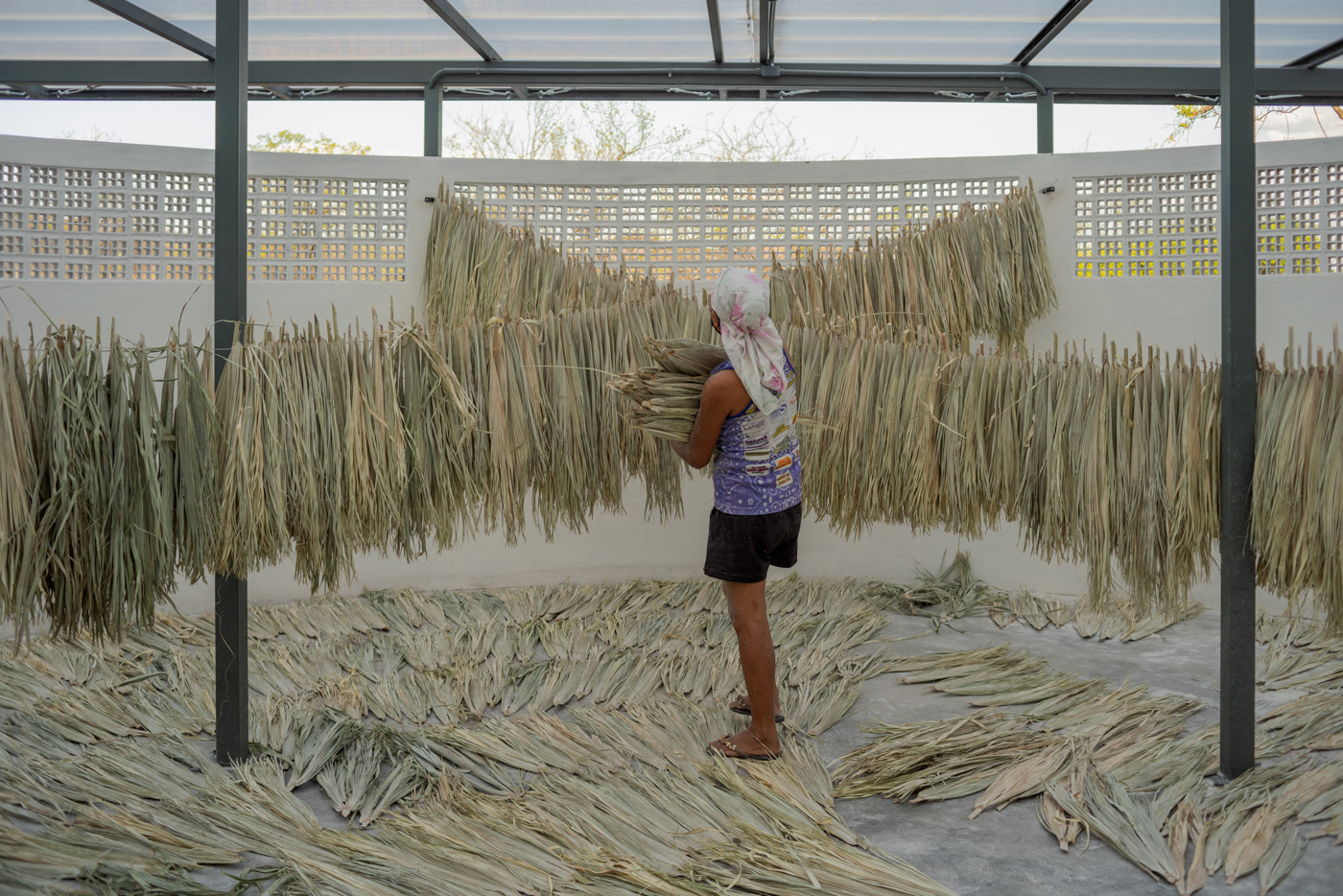



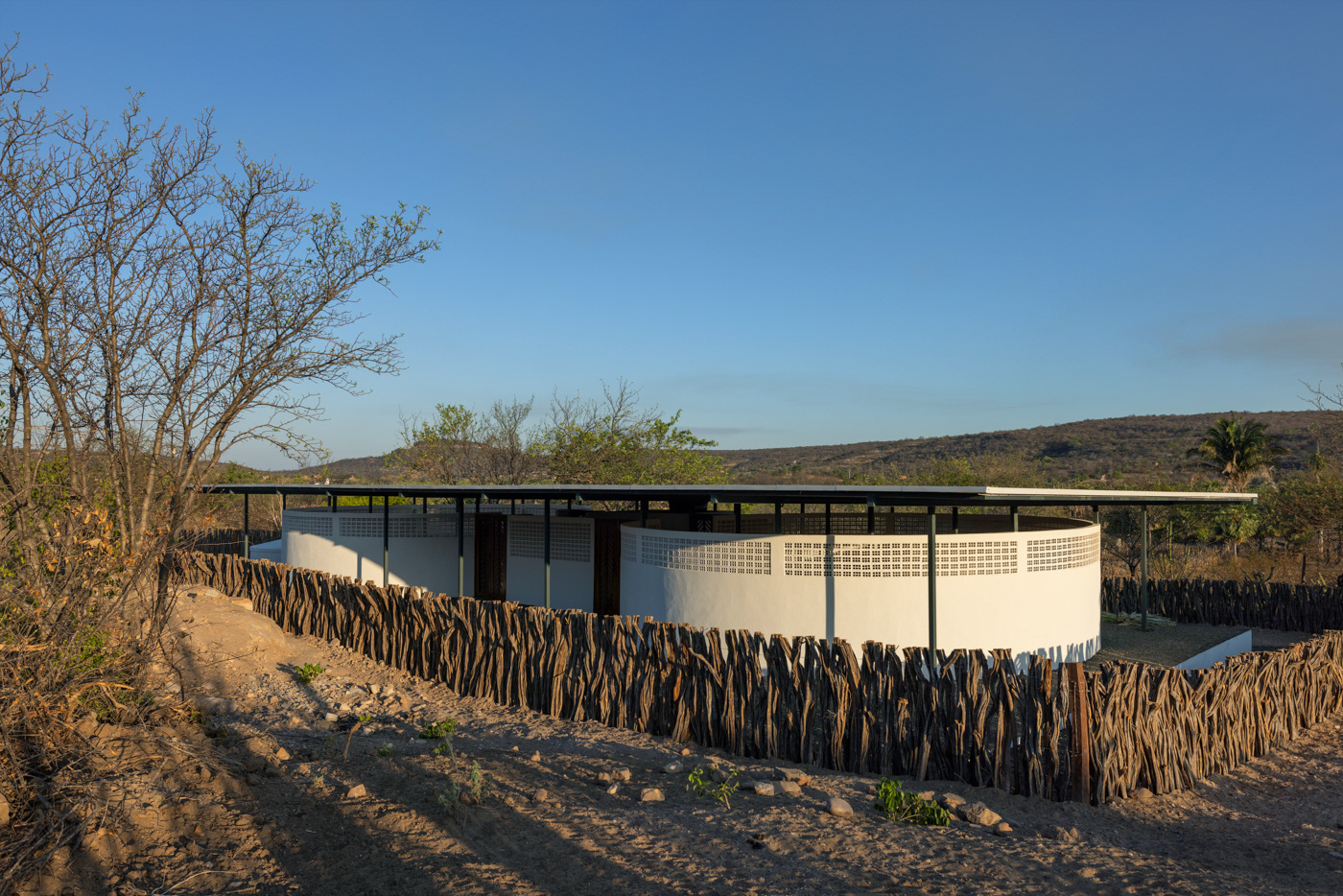
Project Credits:
Architecture Project: Marcelo Rosenbaum, Adriana Benguela, Bárbara Fernandes, Thiago Benucci
Structural Calculation: Eng Yopanan Rebello
Construction: 2022-2023
Coverage: Kingspan Isoeste
Social Project: Instituto A Gente Transforma
Financial Administration: Ludimilla Bueno
Project: 2021
Support: GARNIER, L’ÓREAL, BRASIL CERAS, KINGSPAN ISOESTE
City: Jaicós/ PI
Country Brazil
Structural Calculation: Eng Yopanan Rebello
Construction: 2022-2023
Coverage: Kingspan Isoeste
Social Project: Instituto A Gente Transforma
Financial Administration: Ludimilla Bueno
Project: 2021
Support: GARNIER, L’ÓREAL, BRASIL CERAS, KINGSPAN ISOESTE
City: Jaicós/ PI
Country Brazil
Thanks to:
Associação de Mulheres de Várzea Queimada
Marcilene Barbosa: leadership in Várzea Queimada
Pedro Gorski: film director
Jamison Cruz: camera assistant
Angélica Moura: executive producer
Miqueias Motta: sound


